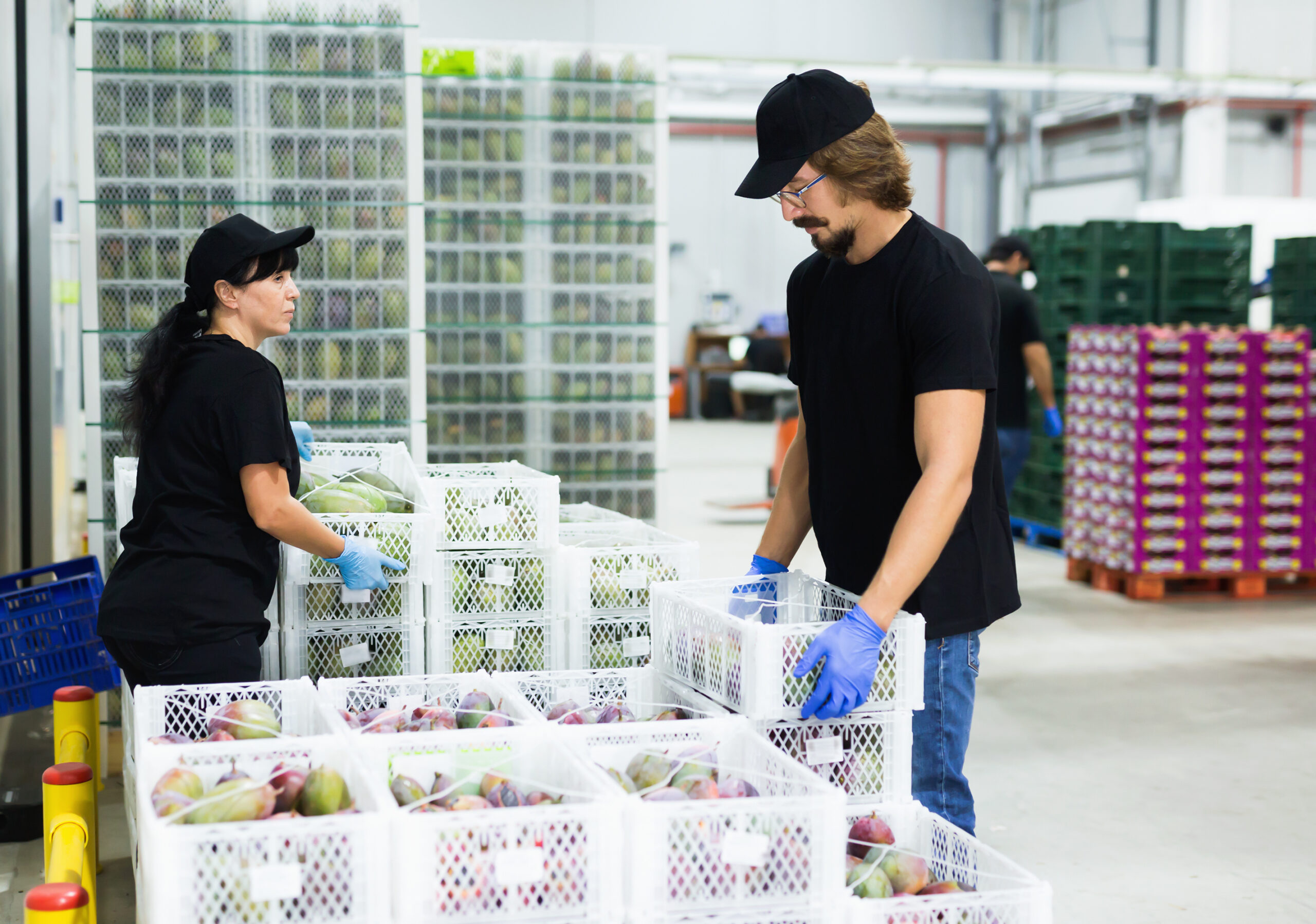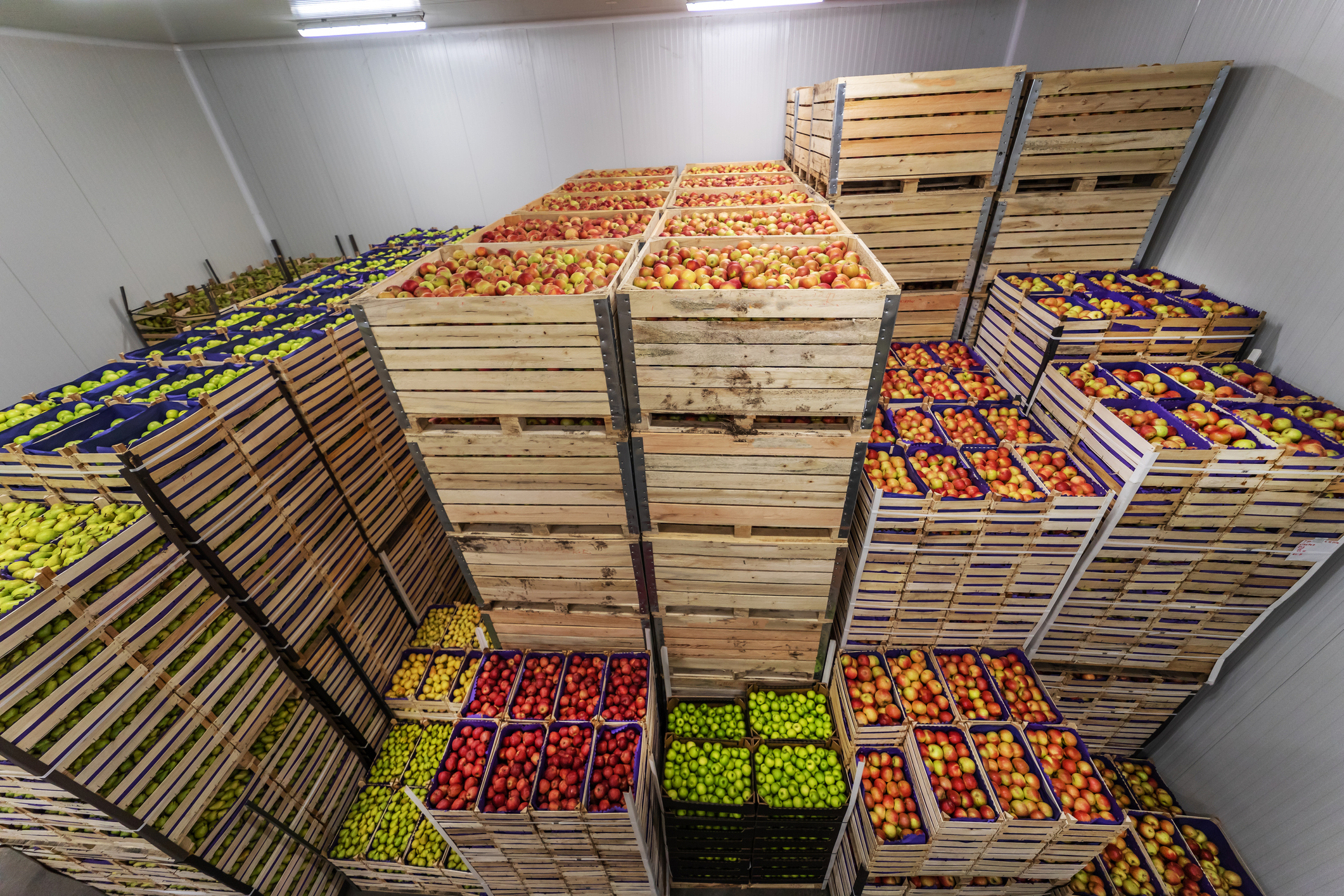Control in distribution, warehousing and quality assurance
RFID technology in food has become a key aspect of the industry, offering numerous benefits such as accurate product traceability, rapid response to food safety issues, reduction of errors and manual handling, logistical efficiency, real-time inventory management, improved production planning, prevention of shortages and waste, product authentication and fraud prevention.
The sanitary controls to which the food industry is subjected are increasingly strict and product traceability is essential to comply with the regulatory frameworks of the food sector. Through the use of RFID it is possible to have very valuable information: Origin of the raw material? Which production line produced it? When? With this information, manufacturers can quickly and efficiently mitigate a recall of defective or contaminated product.

Supply chain optimization
The implementation of RFID (Radio Frequency Identification) technology in the food industry brings with it a series of significant advantages that have a positive impact on product management, quality and traceability, as well as on the efficiency and automation of processes: better management with suppliers, quality assurance and product traceability, accurate information on production, process automation and improved distribution times. Optimizes the supply chain, ensures food quality and improves industry efficiency.
Food safety is a primary concern in the food industry. This is where RFID can make a significant difference. RFID tags can contain detailed information on food origin, production date and ingredients. This allows any problems to be tracked and managed more efficiently. In the event of a product recall, RFID facilitates fast and accurate identification of the affected batches.
